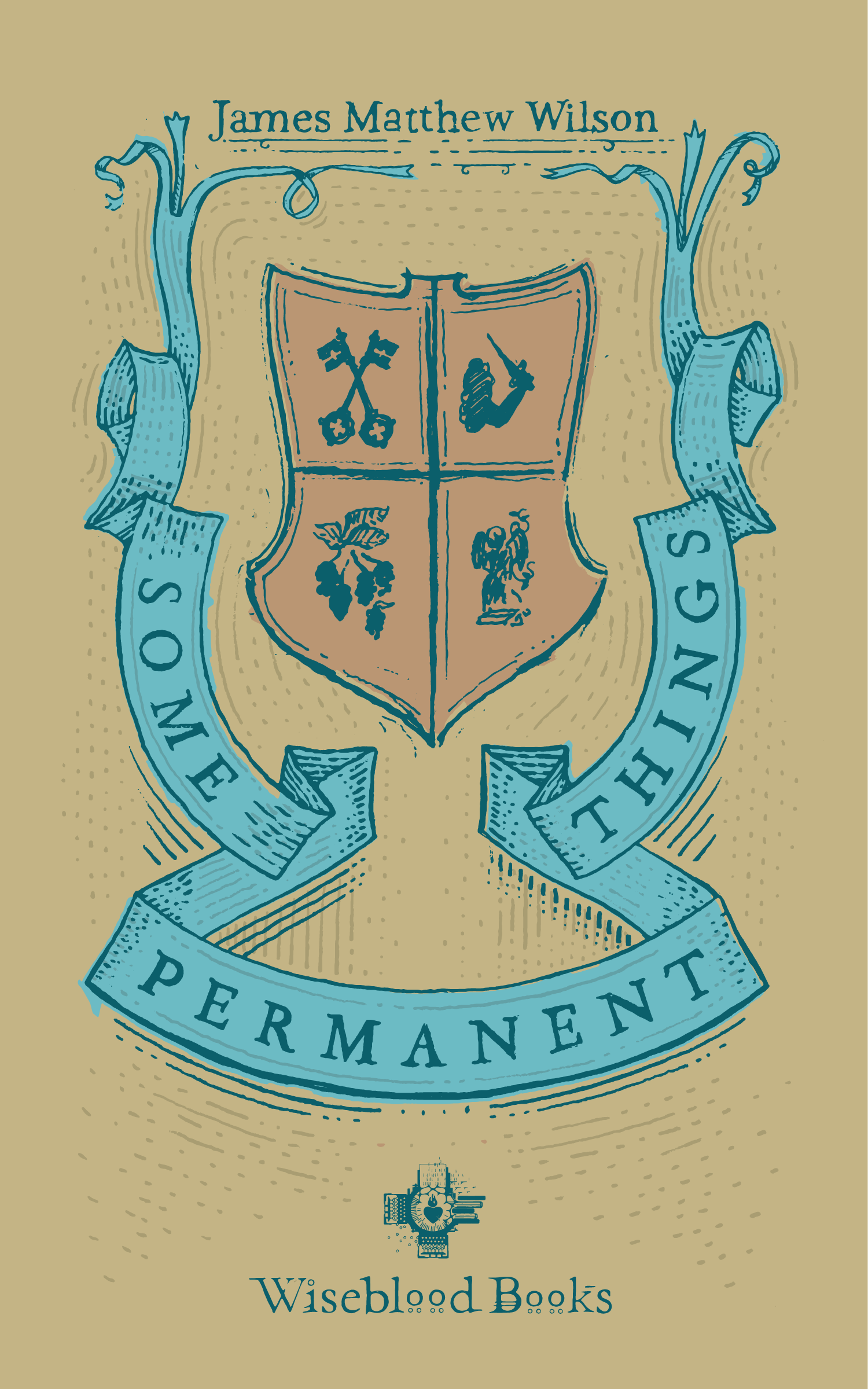In an endnote to The Idea of a Christian Society, T.S. Eliot makes this categorical claim:
Conservatism is too often conservation of the wrong things: liberalism a relaxation of discipline; revolution a denial of the permanent things.
Ours is an age obsessed with “sustainability” rather than with permanence. We have little interest in knowing or conserving what is intrinsically good, but much concern to ensure we can continue to digest or use ephemeral things in a way that will make a minimal impact on the physical world around us.
Yesterday, on the feast of St. Livia Peitrantoni, Wiseblood Books published my first full length volume of poems, Some Permanent Things. I hope its readers find some of those poems worth the lasting.
Here is some advance praise for the book:
“This is James Matthew Wilson’s first full-length book of poems, and a singularly powerful announcement it is . . . philosophy, metaphysics, theology, the American political scene viewed through the complex lenses of the classics, with allusions ranging from the ancients to the moderns . . . all woven into a complex music which has anchored itself in the long tradition of meter and rhyme. . . He is a word painter . . . with the eye of someone for whom the essential being of things—the quiddity, the inscape—leads again and again into a deeper mystery. Here is a serious poet, not yet forty, who is, I can only hope, at the beginning of a long and illustrious journey in the best and most profound tradition of Dante, Hopkins, David Jones, Auden, Eliot, and Franz Wright.
—Paul Mariani
In James Matthew Wilson’s newest collection of poems he continues to show his command of major themes of many ranges of contemporary experience in a style that is unusually complex, but always exact, profound and deeply insightful. In this new book, his best poems, those concerning matters of the soul, place him among the finest poets writing today.
—Helen Pinkerton Trimpi
Wilson’s poems display a rare degree of skill and ambition, but he is never content with mere virtuosity, always reaching for spiritual and emotional intensity.
—Dana Gioia
You can order Some Permanent Things and my forthcoming monograph, The Catholic Imagination in Modern American Poetry, directly from the publisher here.






1 comment
Duke
Congratulations on the book!
Comments are closed.